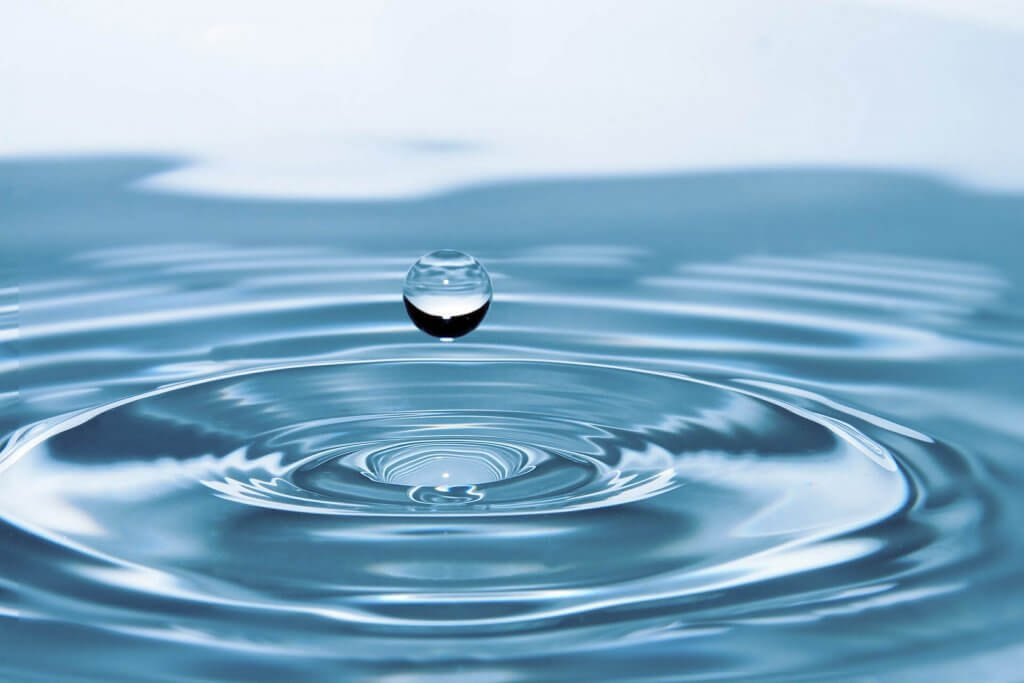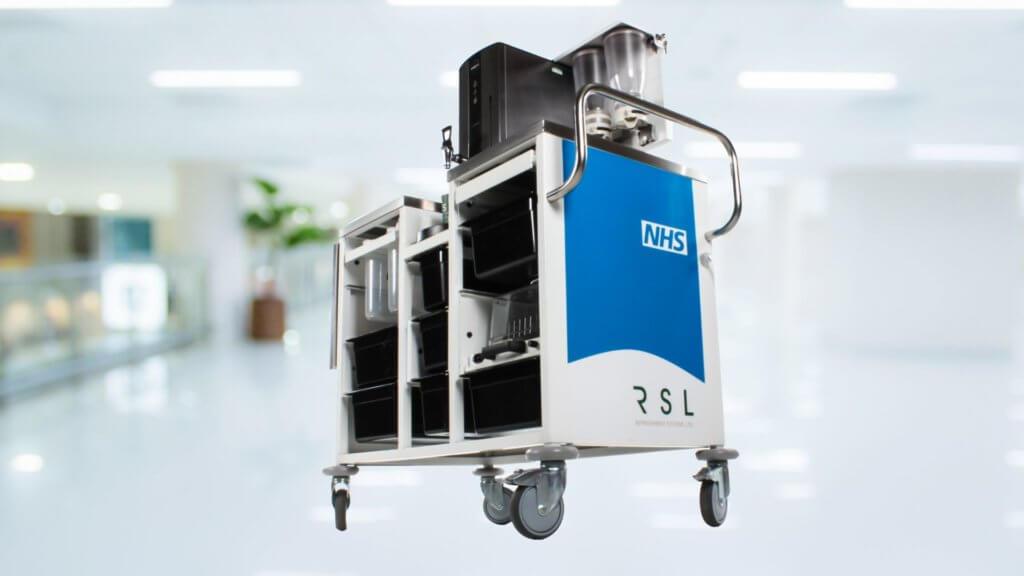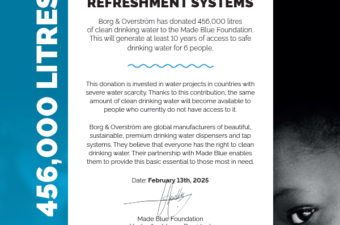As we step into the vibrant week of Hydration Week 2024, the significance of staying adequately hydrated resonates more profoundly than ever before. In a world where hectic schedules and modern conveniences often push hydration down our list of priorities, this dedicated week serves as a timely reminder of the indispensable role that water plays in maintaining our overall well-being.

The Importance of Hydration
Water is not just a beverage; it’s the elixir of life. Our bodies are composed of approximately 60% water, highlighting its critical importance in sustaining various bodily functions. From regulating body temperature to aiding digestion, facilitating nutrient absorption, and lubricating joints, water is involved in nearly every physiological process.
Despite its significance, many of us fail to consume an adequate amount of water daily. Busy lifestyles, reliance on sugary drinks, and simply forgetting to drink water are common culprits behind dehydration, which can lead to a range of health issues, including fatigue, headaches, impaired cognitive function, and even more severe complications in extreme cases.

Empowering Through Education
Hydration Week serves as a platform for education and awareness, empowering individuals to make informed choices about their hydration habits. From workplace seminars and social media campaigns to school initiatives and community events, the week is filled with opportunities to learn about the importance of hydration and practical strategies for staying hydrated.
Educational resources cover various topics, such as:
- Hydration Tips: Practical advice on how to increase water intake, such as carrying a reusable water bottle, setting hydration reminders, and flavouring water with fruits and herbs to make it more enticing.
- Hydration and Exercise: Guidance on maintaining optimal hydration levels during physical activity, including pre-hydration strategies, the importance of electrolyte balance, and signs of dehydration to watch out for during workouts.
- Hydration Myths and Facts: Dispelling common misconceptions surrounding hydration, such as the belief that thirst is a reliable indicator of hydration status or that only intense physical activity requires increased fluid intake.
- Environmental Impact: Raising awareness about the environmental impact of single-use plastic bottles and promoting sustainable alternatives, such as refillable bottles and water filtration systems.

Community Engagement and Participation
Hydration Week is not just about individual hydration practices; it’s also about fostering a sense of community and collective responsibility towards wellness. Local businesses, schools, healthcare facilities, and public institutions come together to organise events and activities that promote hydration and encourage participation from all segments of society.
Community activities may include:
- Hydration Challenges: Friendly competitions to see who can drink the recommended daily intake of water first, with prizes awarded to participants who meet hydration goals.
- Water Tasting Events: Opportunities to sample different types of water, including sparkling, infused, and mineral water, to discover new favourites and appreciate the diverse flavours and characteristics of this essential beverage.
- Hydration Stations: Set up in public spaces, workplaces, and schools, hydration stations offer free access to clean drinking water, making it convenient for individuals to refill their water bottles throughout the day.
- Hydration Workshops: Hands-on workshops led by nutritionists, fitness experts, and healthcare professionals, covering topics such as hydration-friendly recipes, DIY electrolyte drinks, and the science behind hydration.

As Hydration Week 2024 draws to a close, it leaves behind a legacy of renewed commitment to prioritising hydration as a cornerstone of good health. Beyond the confines of this dedicated week, the message resonates: staying hydrated is not just a one-time effort but an ongoing journey towards holistic well-being.
Whether it’s taking small steps to increase daily water intake, advocating for hydration-friendly policies in schools and workplaces, or supporting initiatives that promote access to clean drinking water for all, each of us has a role to play in championing the cause of hydration.
So let us raise our glasses – or rather, our water bottles – to a future where hydration is not just a week-long celebration but a way of life, nourishing our bodies, minds, and communities for generations to come. Cheers to a hydrated and healthy world!

